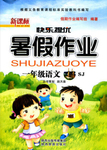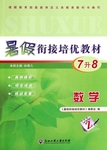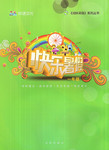题目内容


1.What can we infer from the conversation between the woman and the recorder at the beginning of the passage?
A.The woman felt ashamed to admit what her job was.
B.The recorder was impatient and rude.
C.Motherhood was not recognized and respected as a job by society.
D.The author was upset about the situation that mothers faced.
2.How did the female clerk feel at first when the author told her occupation?
A.Puzzled. B.Curious.
C.Upset. D.Frightened.
3.How did the author feel when describing her job to the clerk?
A.Angry. B.Calm.
C.Unconfident. D.Annoyed.
4.Why did the woman clerk show more respect for the author?
A.Because the author cared little about rewards.
B.Because she admired the author's research work in the lab.
C.Because the author did something she had little knowledge of.
D.Because she thought the author did admirable work.
5.What is the author's purpose of writing the passage?
A.To show that motherhood is a worthy career and deserves respect.
B.To show how you describe your job affects your feelings toward it.
C.To show that the author had a grander job than Emily.
D.To show that being a mother is hard and boring work.
 新课标快乐提优暑假作业陕西旅游出版社系列答案
新课标快乐提优暑假作业陕西旅游出版社系列答案 暑假衔接培优教材浙江工商大学出版社系列答案
暑假衔接培优教材浙江工商大学出版社系列答案 欣语文化快乐暑假沈阳出版社系列答案
欣语文化快乐暑假沈阳出版社系列答案
